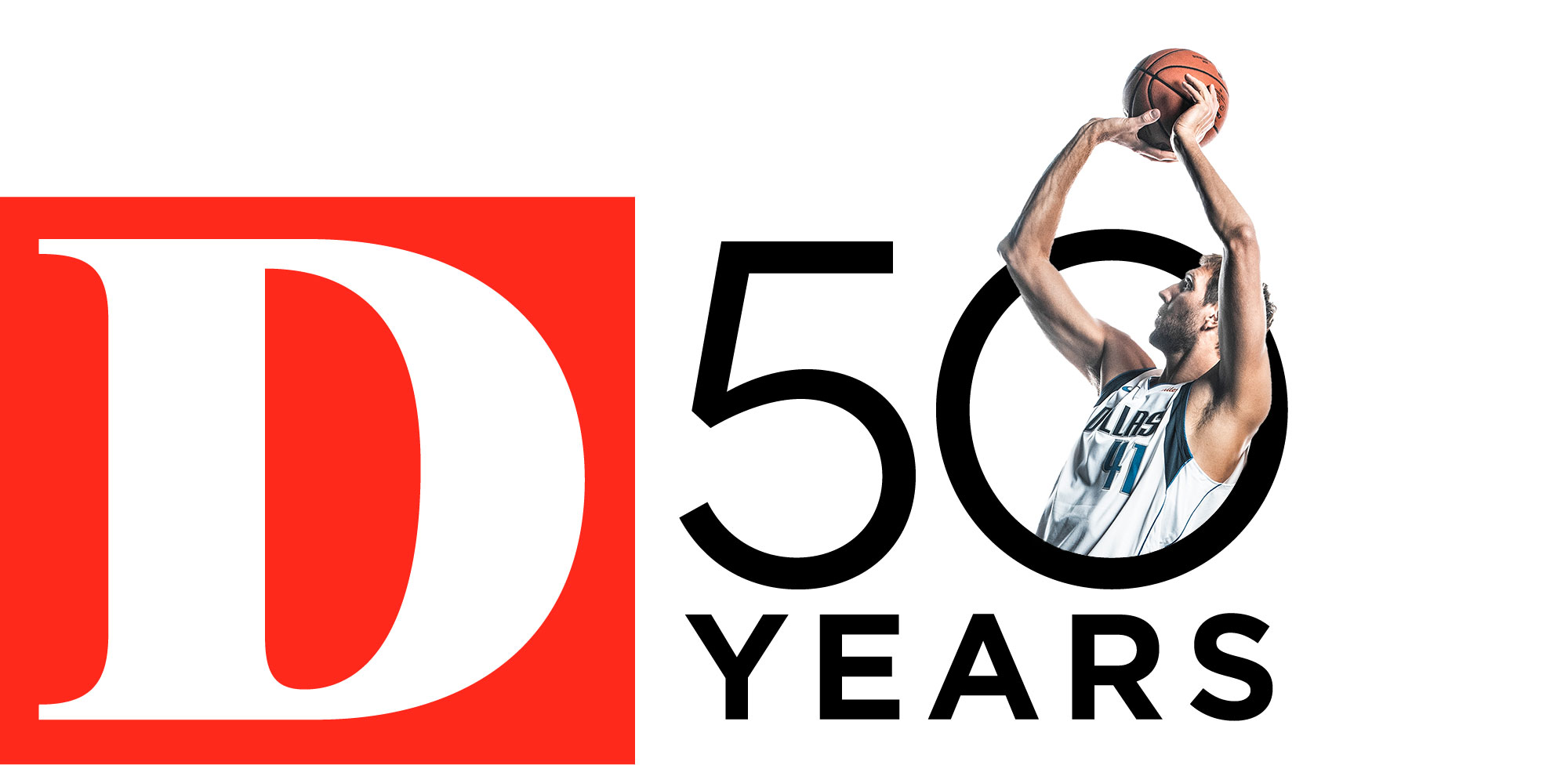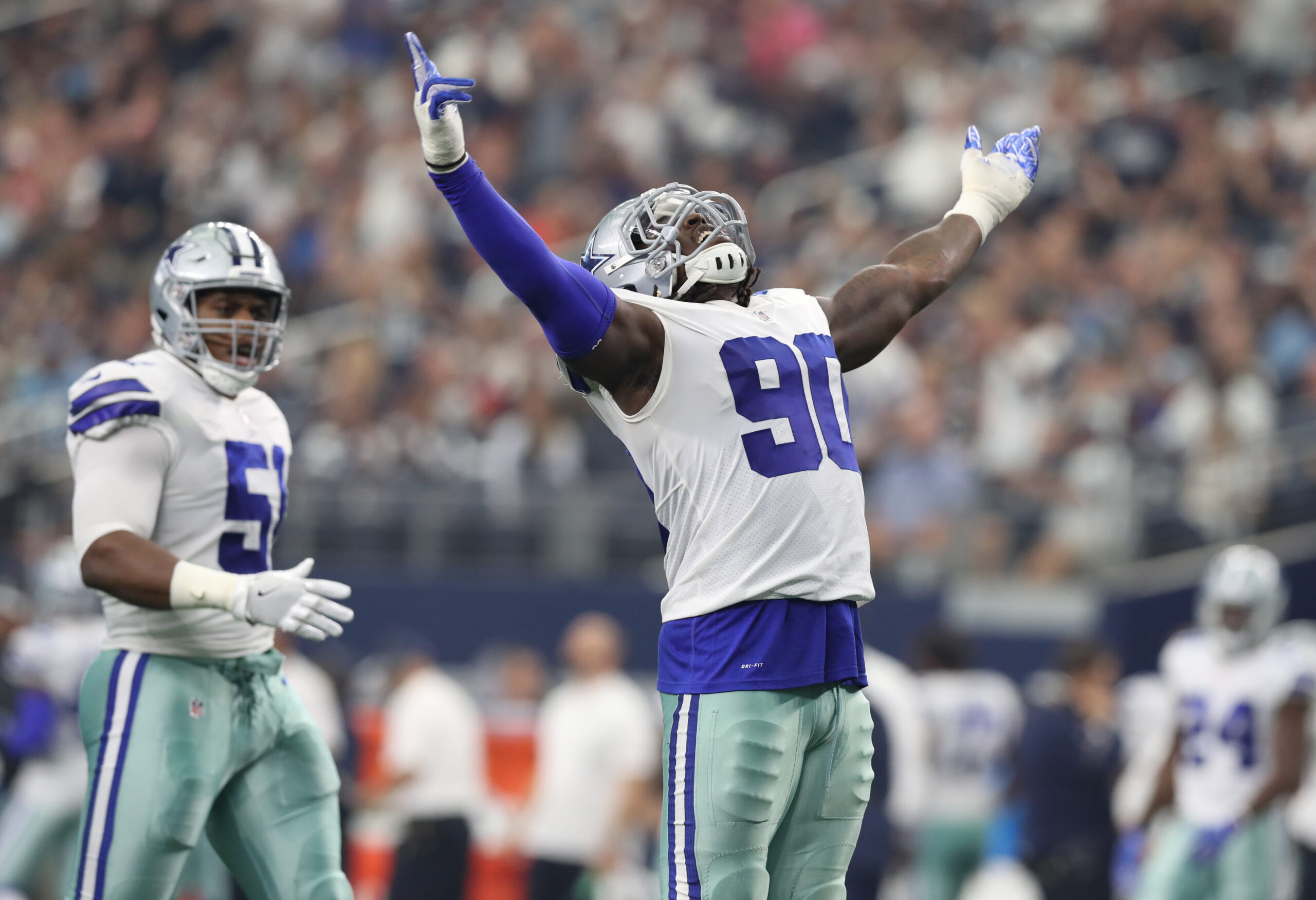The NFL, more than any other American professional sports league, is a race against time. Football’s violent nature does some of that by default, and the league’s structure makes everything that much more fragile. The system is designed to foster parity at the expense of permanence: the rosters are bigger, the annual draft longer, the players’ financial guarantees smaller, the schedules more volatile. It’s why my friend and former colleague at The Athletic, Bob Sturm, is prone to viewing the roster in four-year cycles. There are simply too many variables to presume much beyond that.
Some organizations slow the pace of change better than others, of course, which mostly boils down to some alchemy of quarterback play, high-end coaching, competent front offices, and having talent at a couple of non-quarterback bedrock positions.
But no team is immune. New England spent 20 years as the league’s benchmark; they went 7-9 last year in the first post-Tom Brady season and are now rebooting with a rookie under center. Their greatest rival in the AFC, Pittsburgh, has missed the playoffs in two of the last three seasons and face an uphill climb to avoid three out of four. Philadelphia’s relative tyranny over the NFC East—they’ve won the division only four times since 2010, though it often felt like many more—has crumbled. New Orleans’ stranglehold over the South figures to do the same with Drew Brees off to retirement. Aaron Rodgers has, often despite his bosses, kept Green Bay a fixture in the Super Bowl chase. The Packers have also won just a single Super Bowl along the way, which, depending on one’s perspective, could be testament to the system doing what it’s intended to or an indictment of Mike McCarthy’s stewardship over 13 seasons in charge.
You do not need me to tell you that the Dallas Cowboys are a long way from that echelon. That is different from my saying that the Dallas Cowboys are a long way from winning a Super Bowl. The beauty of impermanence is that while success doesn’t last forever, neither does failure. The right core, playing the right schedule, with the right amount of health, and the right postseason draw, can get job done. Which requires a lot—remember, variables. But the goal isn’t annual dominance so much as somehow, some way, ending a Super Bowl drought old enough to rent a car. They only need things to line up once.
Which, on face value, is totally plausible. The modern NFL is ruled by the offense, and, as Cowboys color commentator Babe Laufenberg reminded us this morning over at Vibes Check, every meaningful contributor from the 2019 offense that led the NFL in yards per game, finishes second in passing yards per game, and sixth in points per game is still around, mostly healthy, and now augmented by CeeDee Lamb, whose emergence in the top of the receiver group feels inevitable. Their schedule is the second-easiest in the NFL, the defense has been reassembled from the studs, and whatever your opinion might be about McCarthy, he has an objectively deeper résumé than Jason Garrett ever did. For more on this, you can and should read Roberto José Andrade Franco’s piece from Tuesday on why the preseason optimism extends well beyond the weather (finally, hopefully, possibly?) cooling down. But you don’t have to squint very hard to recognize the outline of a contender.
The issue lies in the timing. There is a schism on this roster between the offense and defense, in skill but perhaps more crucially in age. The offense is a cavalcade of proven commodities augmented by one ascendant star in Lamb. We know what Dak Prescott and Ezekiel Elliott are in the backfield, what Amari Cooper and Michael Gallup are outside, what the bulwark offensive line still is even as Tyron Smith and Zack Martin inch into their 30s. We even have a solid idea of what Blake Jarwin and Dalton Schultz are as tight end tandem: young and dependably above average, with a real shot at becoming a plus unit. You win Super Bowls with this group.
The defense, meanwhile, is one proven commodity surrounded by a scattershot of potential. DeMarcus Lawrence remains the high-end edge rusher that every great team needs one of and preferably two of, a hellraiser whose influence has always eclipsed his sack totals. Then there’s — well, we don’t know what else there is. You can tell yourself stories about any number of players on this defense: about Micah Parsons emerging as a Pro Bowler, or Trevon Diggs morphing into an interception machine, or Leighton Vander Esch rebounding to re-entrench himself among the defensive core. You can dream on Randy Gregory playing 17 games and dream further on what transpires when he does. You can even survey breadth of names at safety and imagine at least one validating the Cowboys’ endless thrift-store shopping at the position (I have already done this more times than I care to admit with Malik Hooker). All told, there are 12 first- or second-year players on this side of the ball among the initial 53-man roster, each possessing selling points and none of them around long enough to totally write off.
The offense is in the late summer of its lifespan, the defense in its early spring, and somehow McCarthy must blend them together to produce results. The longer it takes for the latter to mature, the closer the former gets to decay. Prescott and at least two of the receivers—the jury’s out on whether they pay Gallup this offseason, although it feels more prudent to allocate resources elsewhere—will be around long-term, but the line has become increasingly brittle while Elliott, with 1,413 career carries to his name, is approaching the threshold where running backs traditionally fall off. Replacing them, whenever that may be, will require resources—cap room that will also need to be funneled toward retaining the young defensive players who do hit once their rookie contracts expire, and draft picks to replace the ones too expensive or unproductive to retain.
Again, those variables: there are too many scenarios to quantify for which players ascend and which descend, to say nothing of when or how. Each one is tricky, and to bank on a certain one playing out would be to court disaster. It’s why most title contenders never do win that Super Bowl, and why few winners ever repeat.
This Cowboys season, then, will be defined by balance. The defense does not need to match the offense’s ceiling or even come particularly close; contending in today’s NFL often amounts to being outstanding on one side of the ball and sufficient on the other. It just needs key players to emerge sooner than later, for McCarthy plus new coordinator Dan Quinn to coax a handful of standouts and a few more solid hands out of a unit that had little identity and even less ballast in 2020.
None of that figures to happen by tonight. The Cowboys should and probably will lose at Tampa Bay, the rare Super Bowl winner running back almost the entirety of its roster. Barring major injury, such a defeat proves nothing about what Dallas is or could become the rest of the way. The ongoing defensive development will. Even some measure of success probably slingshots Dallas back into the playoffs. The upper bounds of it has them knocking on the door of that Super Bowl; it truly is possible, if difficult to achieve. Failure, on the other hand, postpones hope at least one more year, as the organization skirts closer to reckoning with weighty questions on offense, too, and perhaps McCarthy’s job status.
It’s a delicate balancing act, and the Cowboys—our city’s brashest franchise—have never done delicate well. The offense alone ensures that the 2021 edition will bring noise, and theatrics, and probably a lot of fun, too. Whether those get underpinned by something substantial on defense will determine if this is the year they finally win their race.






